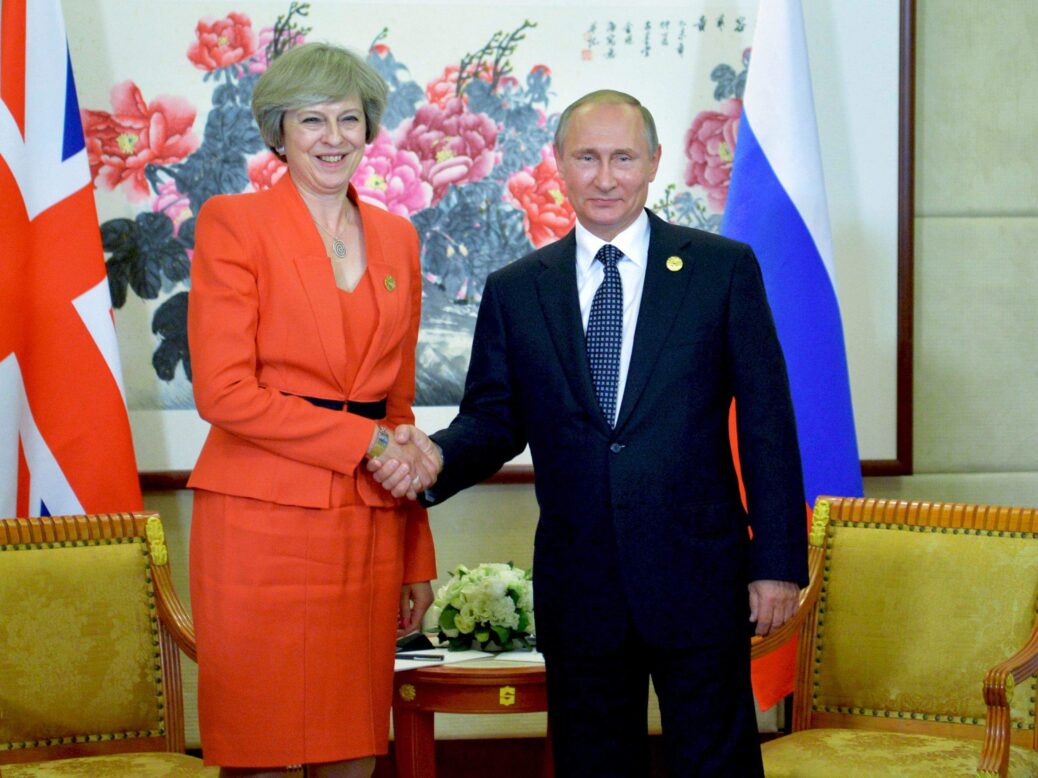
The toxin used to poison Sergei Skripal and his daughter Yulia has been identified as part of a group of nerve agents known as Novichok, originally grown in the Soviet Union in the 1970s and 80s. Theresa May told MPs yesterday it was “highly likely” that the Russian government was responsible for the attack.
Showing no respect for print deadlines, Theresa May has given the Russian government until midnight tonight to provide a “credible response” to the events in Salisbury: i.e. to either explain how they lost control of the nerve agent or account for why they sanctioned its use on British soil.
Assuming no such response is forthcoming, what policies are in the British government’s locker? Options range from expelling diplomats and boycotting the World Cup, to making the United Kingdom less accommodating to Russian wealth and launching cyber-attacks against Russia. The PM may even seek to invoke Nato’s Article 5 – that an attack against one is an attack against all – in order to secure a wider response than just from the UK.
The reality is that there is not much appetite for a tough response across either the United Kingdom’s Nato partners or the European Union. The White House press secretary, Sarah Sanders, dodged questions about Russian involvement in the attack on Skripals. The Secretary of State, Rex Tillerson, is striking a different note, but his pull in the Trump administration is weak. Across the EU, numerous states have parties in government who are pro-Russia, and the United Kingdom’s departure from the bloc, itself a policy the Kremlin regards as in its interests, only adds to the UK’s diplomatic isolation.
The danger for May is that the coming weeks leave her exposed on a number of fronts. Diplomatic isolation exposes the folly of trying to moderate Donald Trump and weakness of the United Kingdom’s post-Brexit diplomatic options more broadly.
Closer to home, Jeremy Corbyn is already trying to link the United Kingdom’s Russia policy to the donations the Conservatives receive from Russia-born donors (many of whom are critics of the incumbent Russian government, but that’s politics for you). That Labour has been trying to amend the government’s money laundering bill to include tougher measures against Russian money gives the opposition further scope to claim to set the agenda if, when the dust settles, the British response is simply financial sanctions and a few empty seats at the World Cup.






